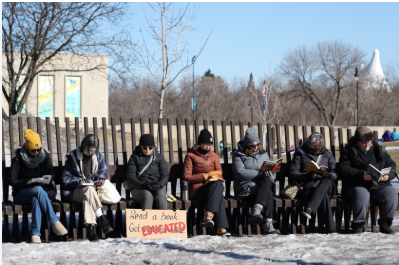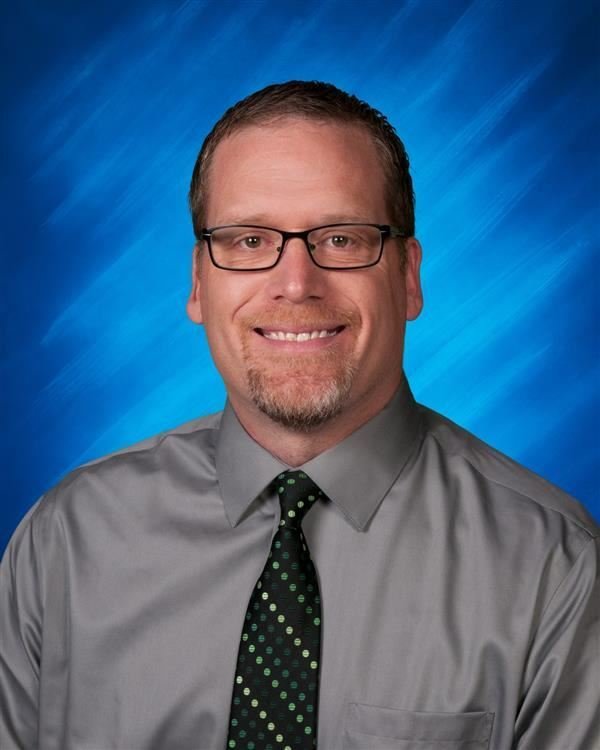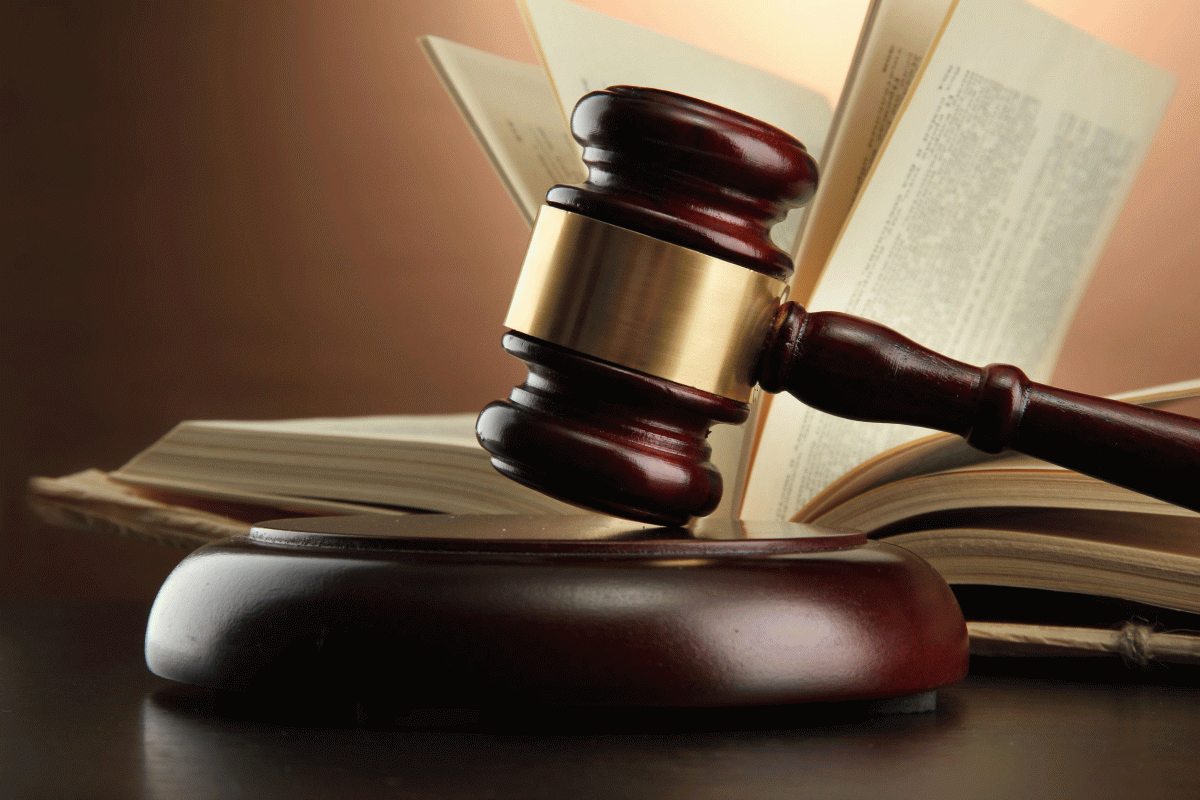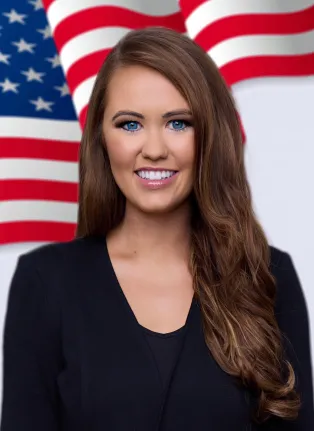On Feb. 10, 159 North Dakota citizens went to the capitol in Bismarck and testified against “Book Ban Bill” SB2307. This number stands in stark contrast to the 27 North Dakotans who spoke in favor of the bill passing. Senate Bill 2307 would require libraries to restrict access to books deemed inappropriate for minors.
Bills like this have been proposed before but have all failed to pass into law. Even though SB 2307 is not the bill’s first version, the language is still unclear. The bill states that “A person is guilty of a class B misdemeanor if the person willfully displays at newsstands or any other business establishment frequented by minors that contains explicit material harmful to minors.”
But who is the willful person? Is it the librarian who bought the book, the person who stacked the shelves, or the librarian who checked the patron out? Another way the bill is unclear is how explicit books are defined: “the reasonable person would find lacking in serious literary, artistic, political, or scientific value.”
When North High students were asked if they had ever gotten an inappropriate book in the library, everyone said no, but talked about seeing inappropriate content online. “I see some crazy stuff on the internet. That’s a dangerous place, you know, keep your kids safe. Kids are definitely more likely to see something bad on the internet than in a library. It’s easier to access because you have to actively search for a book in the library, but on the internet it’s all out there. There’s not a way that you don’t see something,” said Vaughn Tarnow, a 9th grader
How could this be enforced? One school could hear that a book was allowed and purchase it, but the school could face consequences if it was judged by a different person. If a library got a restricted book, they would have to create certain sections of the building just for adults or be closed to kids for certain hours. North Dakota is a rural state, small town libraries do not have a large enough space to create separate adult sections. There are not enough staff to add extra hours for adults only, and if the hours stayed the same with a section cut out for adults only, one of the only public buildings for kids to spend time in would be restricted.
Senator Keith Boehm introduced the bill hoping it would appeal to people moving to North Dakota, “ North Dakota has an opportunity to become a leader in child protection, ensuring that our state’s libraries are places of education, not exploitation.”
This idea of protecting children doesn’t stay consistent throughout the state government. House Bill 1231 passed in the same week as SB 2307, but the bills have opposite ideologies. HB 1231 would lower the minimum years somebody would be listed on the state sex offender registry. Right now the minimum number of years is 15, but this bill would lower it to 7. If this bill passed, North Dakota would be one of the states with the lowest time on the register.
How can SB 2307 be said to attract people to North Dakota and protect kids if bills like HB 1231 are passed? Senator Mathern has different ideas on how to make North Dakota more attractive to new families. “Well, in this topic itself (how could we help libraries) we should be funding more development of libraries, promotion of reading, and proper salaries for librarians. In a broad context, we should be doing more to make mental health services available in our local communities. We should be reducing property taxes. We should be investing in more affordable housing,” he said.
SB 2307 passed in the Senate on Feb. 21 with 27 yeas and 20 nays. Before the bill becomes state law, it will still go through a House vote. As shown through testimony, many North Dakotans don’t want this bill to pass. The Senate needs to clarify the intent and purpose of this bill and decide if it is a priority for North Dakota.
In Interviews with Senator Mathern and North High librarian Mr. Scott, they both talk about how libraries are already equipped to deal with choosing appropriate books. “Students and parents have reached out to me expressing concern over a book. Not to the level of saying that they want it like pulled off the shelf or anything, but just asking if I was aware of what was on the shelf. And through a conversation, we were able to resolve those and just kind of discuss, you know, the libraries are open for kids from 9th through 12th grade. Sometimes that means you have to have stuff that might be a little edgy for a 9th grader but might be very appropriate for a 12th grader,” said Scott on people wondering about books on the library shelves.
Throughout everything, it has been very clear that libraries are not pushing explicit books on children, North Dakota parents don’t feel as threatened as Senator Boehm seems to think. When asked what are some things that could be helpful to the school library besides this bill? Mr. Scott responded “I think something that could be helpful for the school library, whether it’s legislators, parents, or students, truly understand the purpose of libraries, and that’s to put materials into the hands of students who are curious about things or have questions about things or are looking for a book to escape things. I want to give students resources that they’re looking for that are appropriate for them and that are well-reviewed at the time of the curriculum somehow, and that’s my purpose.”
When parents or students have come forward with issues, they have all been dealt with on the school level, there has been no need to get in contact with the district, much less impose state laws. Finally, they both stress the importance of having North Dakota youth reading and that libraries are a very important step in that goal.
The full interviews can be read below.
Interview with Sen. Mathern
What is your opinion on this bill?
It is so much foolishness, waste of time, and discrediting of our librarians.
If this bill passes will it keep getting wider and more bills like it will pass?
I think it is more a matter of the citizens deciding what kind of legislators they elect and this bill isn’t a main ingredient that will determine if other bills like this will be introduced, but this bill will educate citizens, hopefully to elect different legislators.
Could this spread to movies and video games people check out at public libraries?
I think that it will actually apply to video games and movies at the library. That is being decided now in the committee. That determines the definition of words in the bill, the definition might be changed yet to include video games and movies.
How many times does this bill go through committee?
The bill is in committee now and then to the Senate for a vote. If it passes it will go to the House Committee and then a House vote.
Is this bill really preventative as people want if kids have access to the internet?
I don’t think this bill is preventative. I think it’s more of an ideological attempt to change who is elected to the legislature.
How many years have you been in the Senate? During these years how many bills similar to 2307 have you seen?
I’ve been in the legislature for 40 years and I believe I have only seen this happen three other times
Do you think this would affect the school libraries and students?
This will be very difficult for school library staff and school boards and school administrators. Most of these people already use good judgment on deciding what’s in the library and this will just make them anxious and double their work when they have plenty to do already.
Does this bill impeach on the right of free speech?
I don’t think it’s a direct attack on free speech as it is narrower in purpose, however, it promotes the possibility of greater limitations on free speech.
The bill says books would be judged on if Taken as a whole, the average person, applying contemporary North Dakota standards, would find predominantly appeals to a prurient interest.
But like you said are librarians already doing this and picking out appropriate books?
I think librarians are already doing this and my experience of libraries is that they are doing an excellent job already of choosing books that fit the morals of our citizens.
What are other things that we should be focusing on for a better North Dakota?
Well in this topic itself, we should be funding more development of libraries, promotion of reading and proper salaries for librarians. In a broad context, we should be doing more to make mental health services available in our local communities. We should be reducing property taxes. We should be investing in more affordable housing.
Interview with Mr. Scott
What are your opinions on this bill?
So truly I don’t really have an opinion now because it’s just been introduced and they haven’t had hearings and it’s not fully approved yet. It’s kind of a stay tuned and see where we land.
How many years have you been a librarian?
I’ve been a librarian at North for about 10 years.
Have you only worked at North?
I was at Davies as a para for two years then I subbed in the district for 3 years but I’ve only been a librarian at North.
How will this affect your job?
Reading through the bill it seems like a lot aligns with our current selection policy at the public schools. I mean we buy books that are well reviewed, that are age appropriate. What would make it different is if there were a passage that somebody deemed offensive there would then have to be a process to review it. We already have a review policy so if students or parents don’t feel something is appropriate you can challenge a book. So there are processes in place, so I would just try and understand if those would be enough or if something would happen to change it a little bit.
Have you ever gotten a complaint that a book a student checked out was inappropriate?
What do you mean by complaints?
Has anyone come to you and said I don’t think this book was appropriate for the library?
Students and Parents have reached out to me expressing concern over a book. Not to the level of saying that they want it like pulled off the shelf or anything, but just asking if I was aware of what was on the shelf. And through a conversation, we were able to resolve those and just kind of discuss, you know the libraries open for kids from 9th through 12th grade. Sometimes that means you have to have stuff that might be a little edgy for a 9th grader but might be very appropriate for a 12th grader.
So you were able to figure out those conflicts on a school level without the need for a state law?
Yeah, I guess so. It didn’t even go all the way up to the district level. It was just that again, the conversation with the student and the parents, and that resolved the issue.
Is this bill as preventative as people want if kids can access the internet?
So in school, we have online databases that you can use. So it would prevent any of those databases from having anything that was deemed sexually explicit as defined by the bill and making sure that the internet is generally filtered from those things. However, there wouldn’t be anything that the school could do to prevent you from accessing those things on your phone using data. So just impacting access through a school sponsor through your PLD and the library.
What are some things that could be helpful to the school library besides this bill?
I think something that could be helpful for the school library, whether its legislators or parents or students truly understand the purpose of libraries, and that’s to put materials into the hands of students who are curious about things or have questions about things or are looking for a book to escape things. I want to give students resources that they’re looking for that are appropriate for them and that are well-reviewed at the time of the curriculum somehow, and that’s my purpose. I’m not looking to do anything beyond that. I think just an understanding of why the elaborations exist and would they be beneficial to the library.




